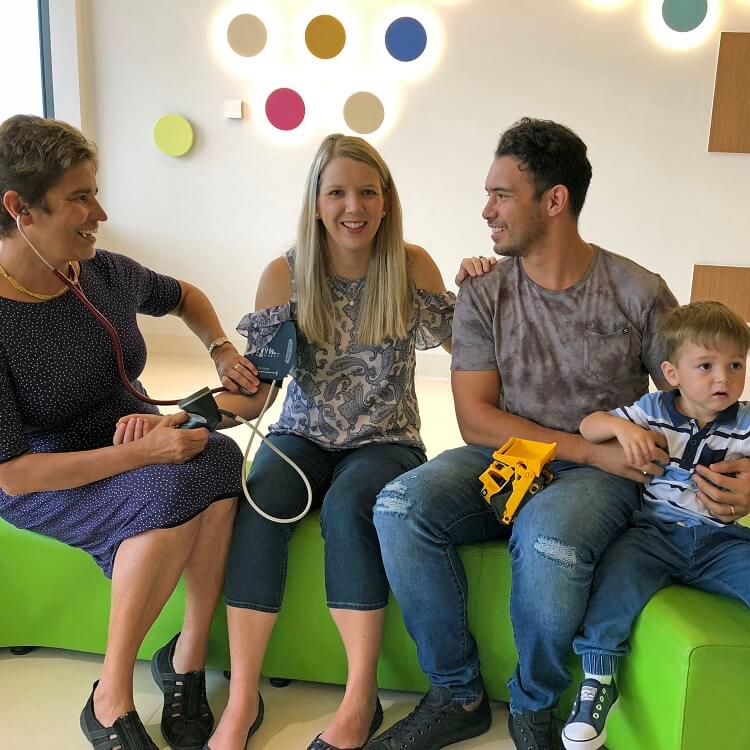Search

News & Events
Kids with ADHD struggling at schoolA study by The Kids Research Institute Australia has found children with Attention Deficit Hyperactivity Disorder (ADHD) have significantly worse school outcomes.
News & Events
Rethink needed on literacy interventionA new study by The Kids Research Institute Australia has found current early intervention programs are failing to identify a large proportion of children with language an
News & Events
New research links poor language to lack of Vitamin D in wombNew research has found that children of mums who had low levels of Vitamin D during pregnancy are twice as likely to have language difficulties.
News & Events
Reading books boosts child languageA new study provides more evidence that reading books to young children and helping them visually to follow the story improves a child's language.
News & Events
How mums talk influences children’s perspective-taking abilityNew research shows that kids whose mums talk more frequently about others' thoughts tend to be better at taking another's perspective than other children.
News & Events
About the Australian Early Development IndexThe Australian Early Development Index (AEDI) program is conducted by the Centre for Community Child Health
News & Events
National snapshot of children's developmentNearly a quarter of Australian children could be developmentally at risk, according to the findings of the Australian Early Development Index (AEDI)

The Human Development and Community Wellbeing (HDCW) Team focuses on improving outcomes for children, family, and the community.

News & Events
ORIGINS reaches key milestoneORIGINS, a collaboration between The Kids and the Joondalup Health Campus, has achieved a major milestone – recruiting its 1000th family.
Research
Genome-Wide Analyses of Vocabulary Size in Infancy and Toddlerhood: Associations With Attention-Deficit/Hyperactivity Disorder, Literacy, and Cognition-Related TraitsThe number of words children produce (expressive vocabulary) and understand (receptive vocabulary) changes rapidly during early development, partially due to genetic factors. Here, we performed a meta-genome-wide association study of vocabulary acquisition and investigated polygenic overlap with literacy, cognition, developmental phenotypes, and neurodevelopmental conditions, including attention-deficit/hyperactivity disorder.
